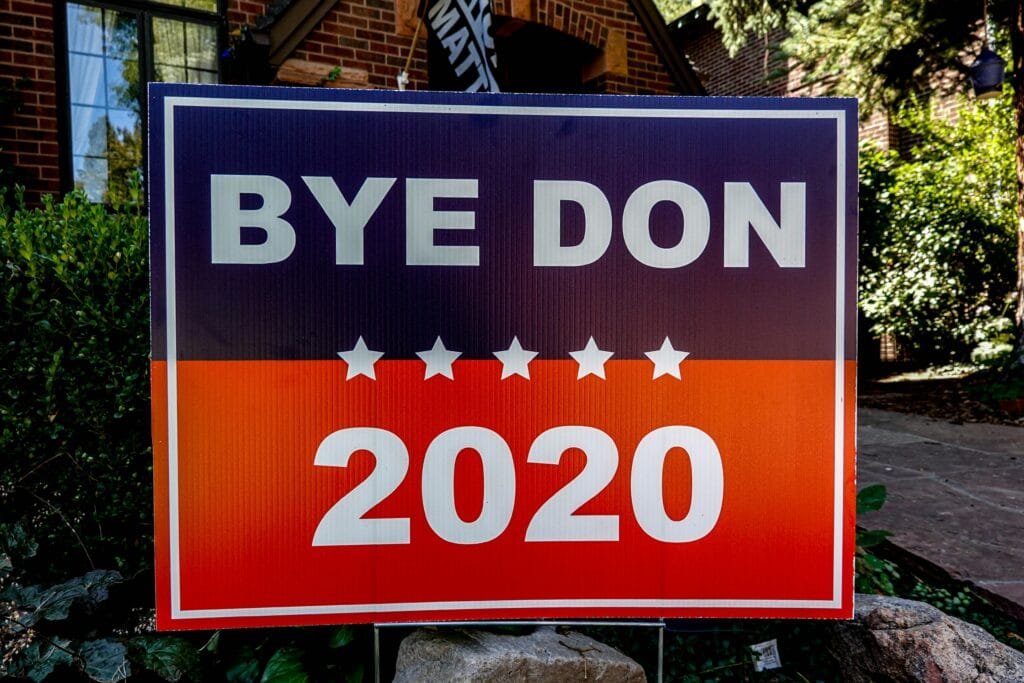The Great Divide: Democracy vs. Oligarchy in America

Understanding the Political Landscape
The historical context of American politics reveals a complex narrative shaped by evolving ideologies and power dynamics. Traditionally, the terms ‘right’ and ‘left’ were associated with clear ideological divisions, such as conservative versus liberal values. These labels have evolved considerably over time, often leading to misunderstandings about Democracy and the underlying power structures that govern the nation. The contemporary political climate reflects a growing discontent with the simplistic binary of right and left, as many citizens feel trapped in a partisan system that distracts them from more pressing systemic issues.
This duality of political identity frequently obscures the fact that America is currently experiencing aspects characteristic of both a democracy and an oligarchy. Democracy, in its purest form, emphasizes representation, equal participation, and accountability. In contrast, oligarchy signifies a concentration of power within a small elite, where decision-making is often insulated from the larger populace. The distortion of these definitions not only misleads citizens but also hinders meaningful discourse on the structural challenges facing the nation.
Understanding this divide is crucial for any informed citizen, as it provides clarity on the political landscape and allows for a more nuanced viewpoint. The focus should not merely be on partisan lines but rather on recognizing how institutional frameworks and elite domination can impede democratic ideals. By disentangling the historical evolution of these terms, individuals can better appreciate the significant challenges presented by contemporary governance. Emphasizing the need to engage with these larger structural issues rather than getting engrossed in petty partisan politics could eventually foster a more robust and equitable democratic system in America.
Identifying Oligarchic Structures
The American political system, while fundamentally rooted in democratic ideals, increasingly exhibits characteristics of oligarchy. This shift can predominantly be attributed to the influence of wealthy individuals, corporations, and special interest groups that exert considerable sway over political processes and policy-making. These key players operate within a landscape marked by significant financial resources and strategic networking capabilities, thereby creating an environment where a relatively small number of individuals and entities can dominate political discourse.
Wealthy individuals, often referred to as oligarchs, leverage their financial power to fund political campaigns, support lobbying efforts, and establish think tanks, which in turn shape public policy to favor their interests. This dynamic not only distorts the representative nature of democracy but also reinforces a system where the wealthiest citizens hold disproportionate sway over legislation, leading to policies that often neglect the needs and voices of the broader population. Furthermore, corporations engage in similar practices, utilizing their massive economic resources to influence lawmakers, resulting in a regulatory environment that may serve corporate interests at the expense of public welfare.
Special interest groups come into play as another significant component of this oligarchic structure. Their agendas often align with the interests of the elite, promoting specific legislative outcomes that may detract from the collective good. The intersection of these various power structures contributes to a growing disparity in wealth and political power, undermining the foundational principles of democracy. As average citizens feel increasingly marginalized in this arrangement, the challenge of ensuring a truly representative governance system becomes paramount. Ultimately, the identification of these oligarchic structures is essential to understanding and addressing the discontent emerging within the American populace regarding their political representation.
Consequences for Citizens and Communities
The divide between democracy and oligarchy in America has significant and tangible outcomes for everyday citizens and communities across the nation. This imbalance often manifests in social and economic inequalities that disproportionately affect marginalized groups. For instance, the concentration of wealth in the hands of a few can lead to reduced access to quality education and healthcare for lower-income families, perpetuating cycles of poverty. As wealth becomes entrenched in an oligarchic structure, those without financial resources find it increasingly challenging to compete in electoral processes and influence policy. This reinforces a system where the voices of average citizens are muted.
Moreover, the disenfranchisement of voters has become a troubling consequence of this divide. Many states have enacted laws that disproportionately affect low-income and minority communities, effectively suppressing their ability to participate in the democratic process. For instance, strict voter ID laws and limited early voting hours can create significant barriers, leading to lower turnout among affected communities. This exclusion not only diminishes representation but also fosters a sense of alienation and frustration among citizens, further eroding public trust in democratic institutions.
Civic engagement, a cornerstone of a thriving democracy, has also suffered due to the rise of oligarchic tendencies. Increased political polarization and the perception that elections are driven more by money than by citizen input can deter individuals from participating in civic activities. For instance, organizations that advocate for community improvement may struggle to garner support, as individuals feel disillusioned and disconnected from a system that seems rigged. Real-life stories from activists and local community leaders highlight the urgent need for awareness and action to bridge this divide. The consequences of this imbalance are not abstract; they are felt deeply by individuals and communities, necessitating a collective effort to restore democratic principles and empower all citizens.
Pathways to Reinstate Democratic Values
As the tension between democracy and oligarchy continues to shape the political landscape in America, it is essential for citizens to actively participate in bridging this divide. One significant way to do this is through grassroots movements that focus on promoting democratic values within local communities. These movements empower individuals to collectively voice their concerns and aspirations, advocating for reforms that prioritize equitable representation and accountability.
Policy reforms play a crucial role in restoring faith in democratic processes. Citizens must advocate for campaign finance reform to reduce the influence of wealth in politics, ensuring that every voice is heard regardless of financial capacity. Initiatives like promoting public financing of elections or enhancing transparency in political donations can mitigate the power of oligarchs who dominate current systems. Furthermore, establishing stronger regulations surrounding lobbying can curtail undue influence and foster a more equal political playing field.
Civic education is another pivotal element in reinstating democratic values. By fostering a politically informed populace, citizens can better understand their rights and responsibilities within the democratic framework. Educational initiatives should emphasize the importance of active participation, critical thinking, and engagement in civic responsibilities. Community workshops, school-based programs, and online resources can serve as vital tools for citizens to inform themselves and their peers about the political process, further enhancing grassroots efforts.
Additionally, encouraging involvement in local governance can significantly empower citizens. Participating in town halls, school board meetings, or local elections helps cultivate a culture of engagement. By prioritizing democratic values and advocating against oligarchic interests, individuals can restore balance and ensure their voices resonate within the increasingly complex political arena. Ultimately, through collective effort and persistent advocacy, Americans can work towards a more equitable and genuinely democratic political system.




